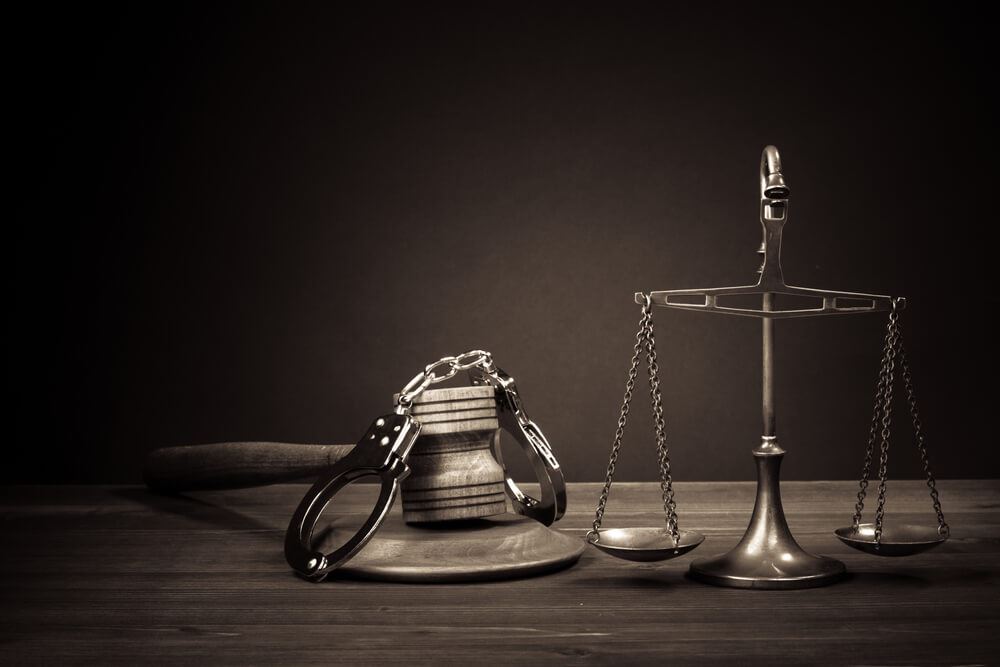In the realm of criminal law, the defense of mental insanity in homicide cases sparks intense debate and raises profound ethical questions. While the concept might seem contentious, there are compelling arguments for considering mental insanity as a defense strategy in such cases. Only a charlotte murder lawyer will be able to determine whether mental insanity can be used as a defense strategy against your charges.
Here are four reasons why this approach is sometimes justified:
Mental Incapacity
Individuals suffering from severe mental illnesses may lack the capacity to understand the consequences of their actions or to differentiate between right and wrong. So, in cases where a defendant’s mental state impairs their cognitive abilities to the extent that they cannot comprehend the nature of their actions, using mental insanity as a defense can be crucial in ensuring a fair trial.
Treatment and Rehabilitation

Adopting mental insanity as a defense strategy allows for the identification of individuals who require psychiatric treatment and rehabilitation rather than punitive measures. By acknowledging the role of mental illness in criminal behavior, the legal system can shift its focus towards addressing the root causes of the offense and facilitating the offender’s recovery and reintegration into society.
Preventing Future Harm
Recognizing mental insanity as a defense strategy can serve as a preventive measure to safeguard society from potential harm. By identifying individuals whose actions were driven by untreated mental disorders, the legal system can intervene to ensure they receive appropriate mental health care, thereby reducing the risk of future violent incidents.
Humanitarian Considerations
Embracing mental insanity as a defense strategy reflects a compassionate approach towards individuals grappling with mental health challenges. It underscores the importance of understanding the complexities of mental illness and acknowledges that punitive measures may not always be suitable or effective in addressing the needs of those struggling with psychiatric disorders.
While these reasons shed light on the rationale behind using mental insanity as a defense strategy for homicide cases, it is essential to recognize the nuanced nature of such decisions. The intersection of law, psychology, and ethics in these scenarios requires careful consideration and a balanced approach to ensure justice is served while prioritizing mental health concerns.
In fact, the utilization of mental insanity as a defense strategy in homicide cases remains a controversial yet integral component of the criminal justice system. By delving into the complexities of mental health and legal culpability, we can strive toward a more comprehensive and empathetic approach to addressing criminal behavior within the context of mental illness.

